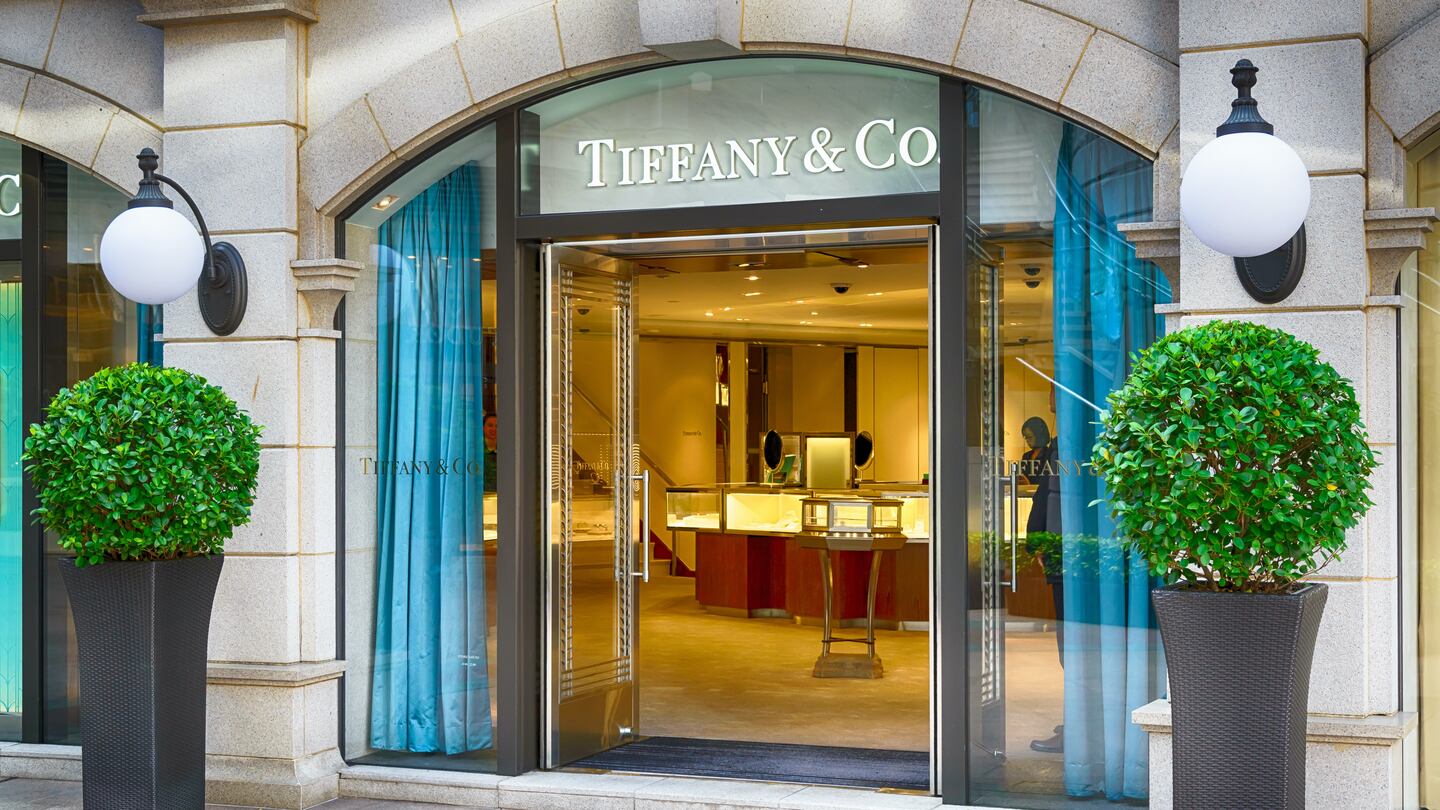
The Business of Fashion
Agenda-setting intelligence, analysis and advice for the global fashion community.

Agenda-setting intelligence, analysis and advice for the global fashion community.

NEW YORK, United States — Tiffany & Co, which has delayed the close of its $16.2 billion sale to France's LVMH, on Thursday reported a better-than-expected quarterly profit and signalled an uptick in sales due to recovery in China and online demand.
The US jeweller said worldwide sales in August so far were slightly positive from a year earlier, as the rebound in second-quarter sales in China extended into the current quarter.
"Increased sales in Mainland China and global e-commerce, accelerated during the second quarter and propelled our return to quarterly profitability," Chief Executive Alessandro Bogliolo said in a statement.
Retail sales in Mainland China began to improve in April and continued to accelerate in the month of May, during which retail sales increased about 90 percent, Tiffany said.
ADVERTISEMENT
Excluding items, the company earned 32 cents per share, compared to analysts' average estimate of 19 cents, according to IBES Refinitiv data.
Earlier this week, Tiffany and LVMH, the world's largest luxury group, pushed back by three months the deadline to complete their deal as they seek regulatory approvals delayed by the pandemic.
Tiffany's net earnings fell to $31.9 million in the three months ended July 31, from $136.3 million a year earlier.
Worldwide sales fell 29 percent to $747.1 million, missing expectations of $772 million.
The company's shares were up 1.5 percent in premarket trade.
By Aishwarya Venugopal; editor: Sriraj Kalluvila
Brands from Valentino to Prada and start-ups like Pulco Studios are vying to cash in on the racket sport’s aspirational aesthetic and affluent fanbase.
The fashion giant has been working with advisers to study possibilities for the Marc Jacobs brand after being approached by suitors.
A runway show at corporate headquarters underscored how the brand’s nearly decade-long quest to elevate its image — and prices — is finally paying off.
Mining company Anglo American is considering offloading its storied diamond unit. It won’t be an easy sell.